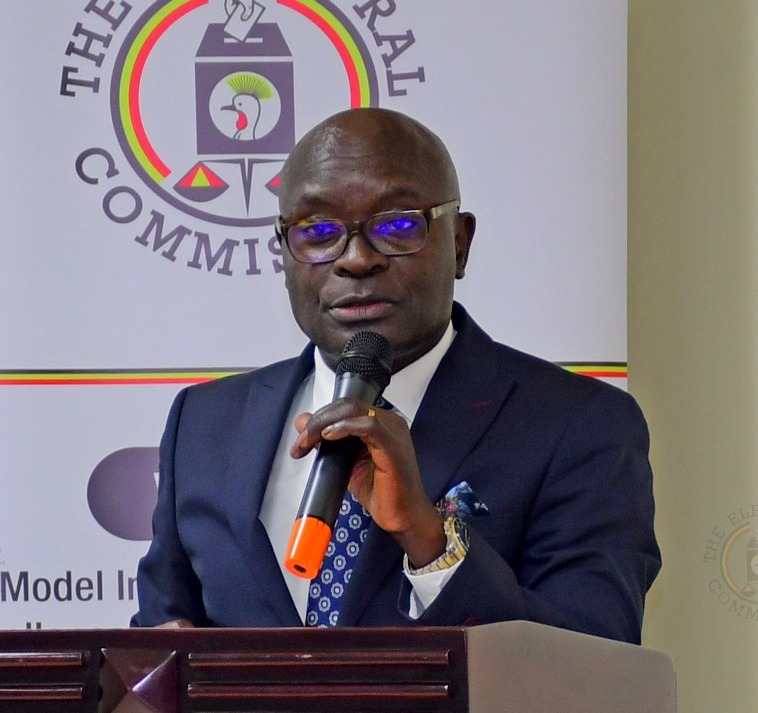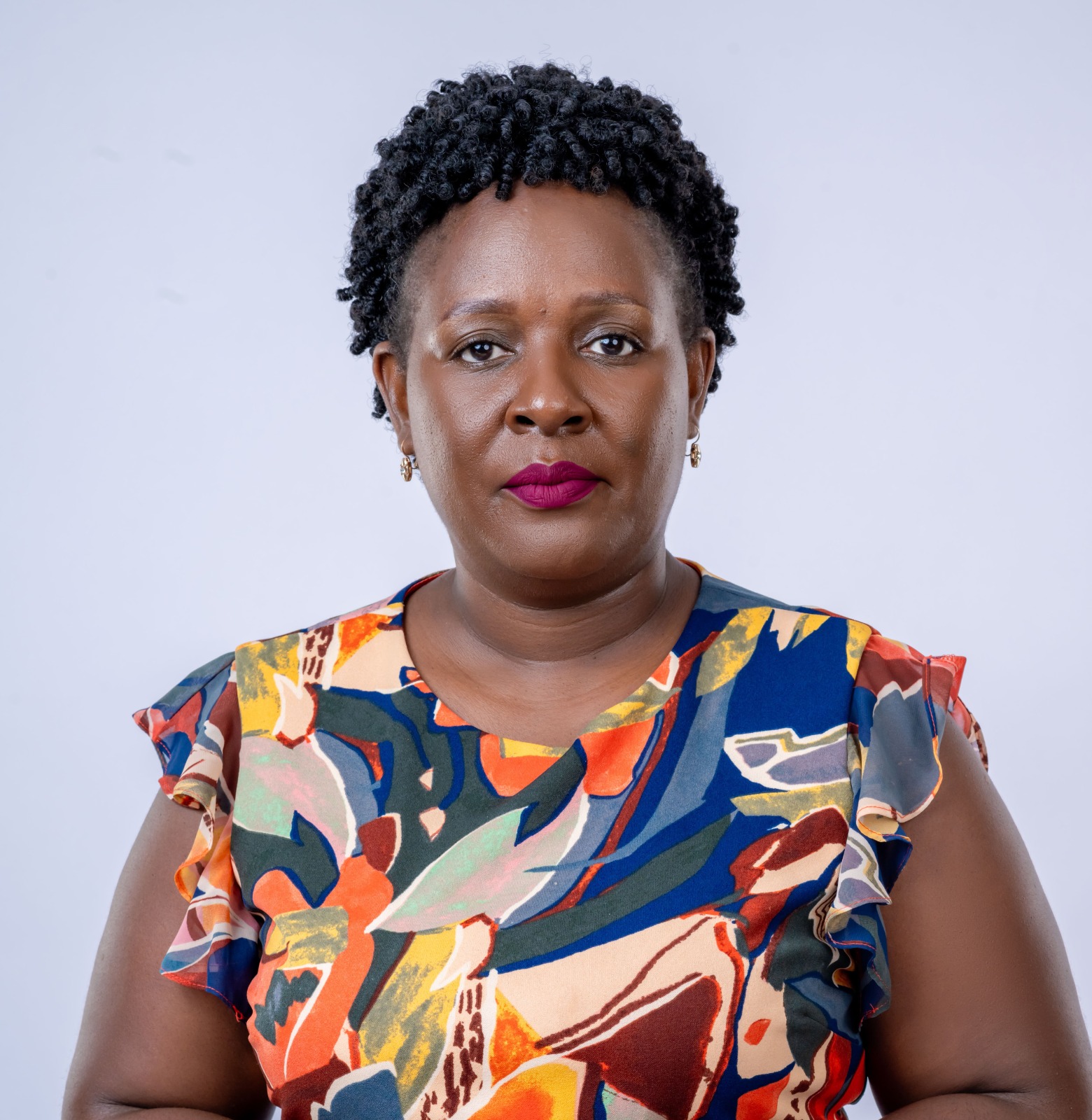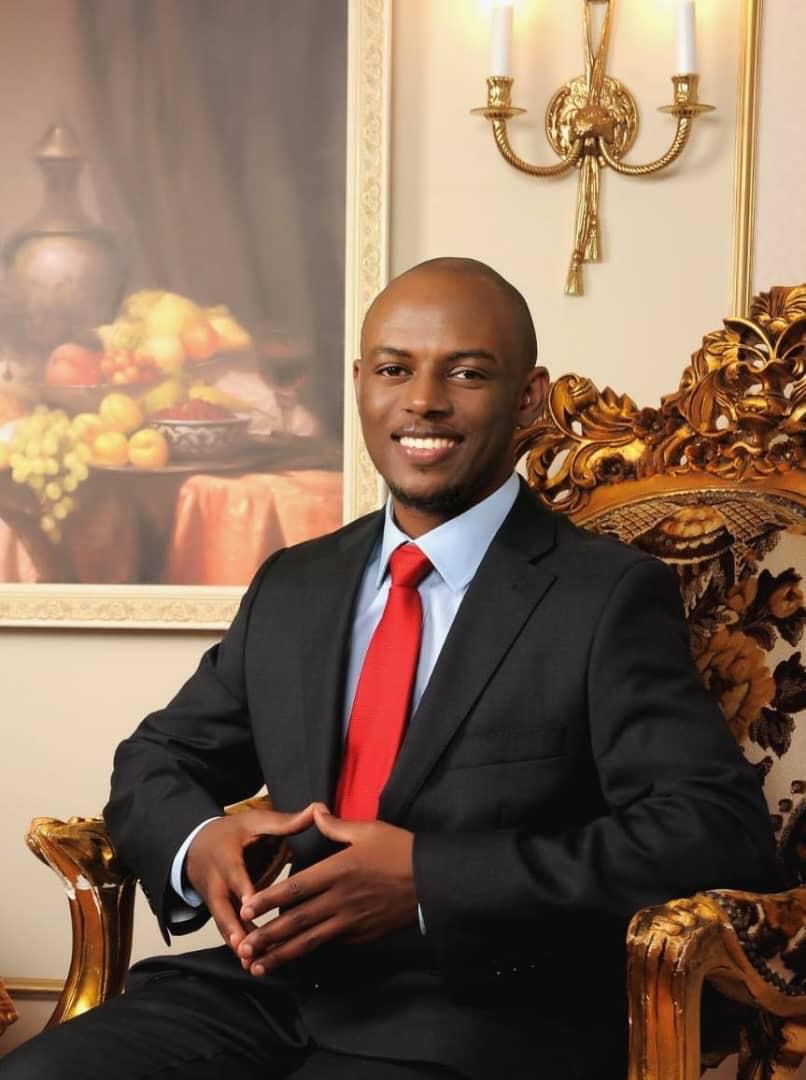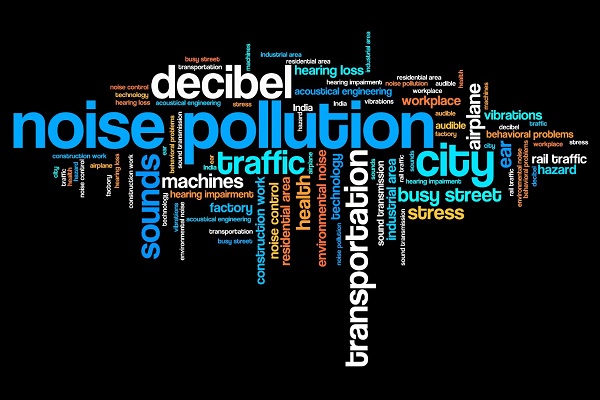FRED AMULA: We are eating, but are we satisfied?
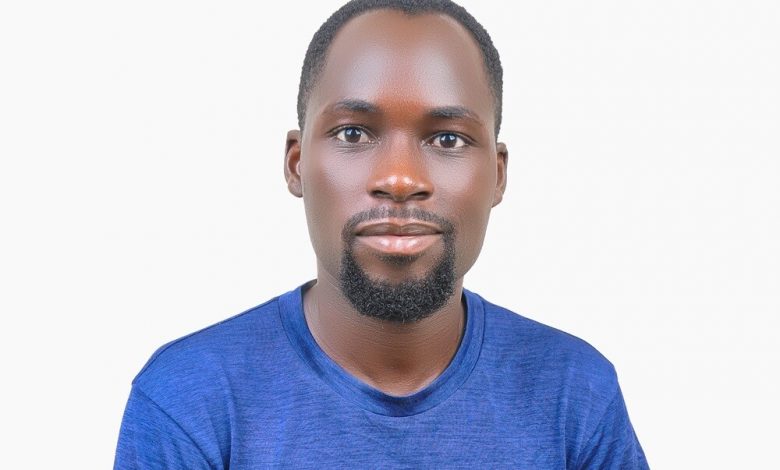
Many talk about Mathias Mpuuga, the so-called darling of the opposition, the smart one, the honest man, the man of integrity. But is his party, the National Unity Platform (NUP), any different? These claims fly around the country, leaving confusion and doubt in the populace’s wake.
Nonetheless, I may dream of a Uganda where everyone understands what corruption truly is. A place where the word doesn’t change its meaning depending on who uses it, a place where people don’t send off thieves with happy goodbyes, a place where stolen wealth benefits everyone, not just the lucky few.
However, there is an old African proverb, both wise and heartbreaking: “Every wife of a thief prays for her husband’s safe return, even as he goes to steal.” Sadly, in Uganda, this prayer has become normal. We pray for the corrupt to come home safe, as long as they share the loot.
A system built to fail? Even President Museveni himself once said something strange; he told us not to question his “thieves” too much. He made them sound like important parts of a machine, needed for… well, something. His words felt like a twisted lesson: stealing is okay, as long as you put a little bit back into the system you just stole from. It’s like a Ugandan Robin Hood story, but the king keeps most of the treasure for himself and his friends.
Do we, the society, even care? Do we care if the money stolen is the very reason our roads are bad, our taxes are high, and our hospitals lack equipment? Are we oblivious to the insecurity that thrives on this stolen wealth? Perhaps this corruption even affects our mental health in ways we don’t even understand. For instance, how can we explain the situation where Karamoja iron sheet thieves are comfortable cruising in their vehicles with sirens, escorted by soldiers, while ordinary citizens have to navigate potholed roads with fear of insecurity?
Consequently, Carl Marx, a famous thinker, once talked about a system rigged to favour the rich, where the workers work hard to benefit a small group. Looking around Uganda, I see his ideas reflected in our society. We’re creating an environment for our children where the corrupt win and right and wrong are unclear. What are they learning? How are we supposed to talk about the corrupt, when their families and friends of the corrupts come after anyone who dares?
Well, Dr. Spire Sentongo’s words in the Observer on December 13, 2023, capture the painful reality of corruption in Uganda. He employs a biting sarcasm that both reflects the truth and evokes anger. Sentongo urges Ugandans to join the “corruption wagons” and claim their share of “happiness” (Sentongo, 2023).
This statement, dripping with irony, highlights the normalization of corruption within society. His sarcastic call to action – “Find something somewhere to steal from the public purse or someone to bribe for what you want” (Dr Spire) exposes the deceptive nature of corruption, where it becomes a perceived path to personal gain.
While Spire’s words are laced with sarcasm, they serve as a powerful indictment of the corrosive effects of corruption on Ugandan society.
Therefore, have we, as a nation, become numb to the problem of corruption? The thieves don’t care, and the weak seem okay as long as their “leader thief” gives them something. President Museveni, an old man with a lot of money, seems more interested in power than the stolen wealth itself. But where does the problem really start? I believe it starts with the tempting power that Marx warned about, an absolute power that always corrupts people in the end, absolutely.
Dear reader, the answer, it seems, lies in everyone waking up to the problem. Maybe if the President himself saw the truth and stepped down, the “thieves” who benefit under his rule could finally be free. Free, not to keep stealing, but free from the corrupt system that protects them.
This is our story, Uganda; stories of a nation on the edge, a story of a feast where only a few cronies eat well, while the rest go hungry. Let’s raise our voices, not in anger, but in hope maybe one day the stolen wealth will have no power. But the question that lingers is this: is political will the key that unlocks the door to ending corruption and ensuring better service delivery for all Ugandans? Or is there more to this fight?
The writer is Fred Amula, amufredi@gmail.com based at NECOSOC, NGOForum, Nebbi.



